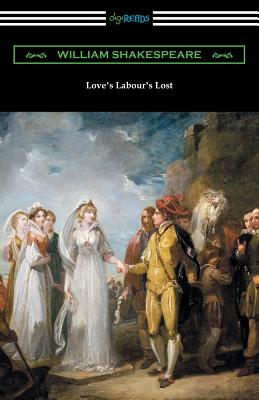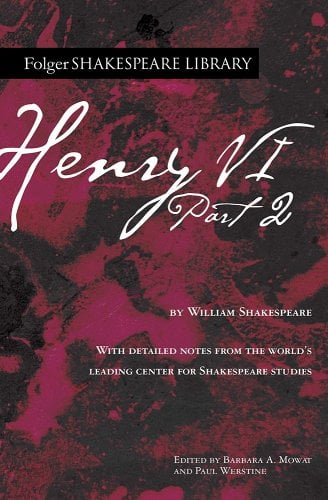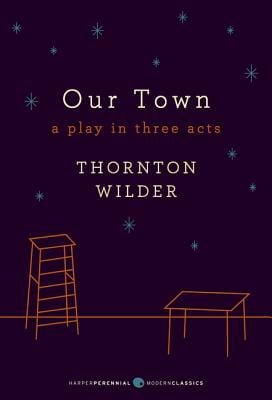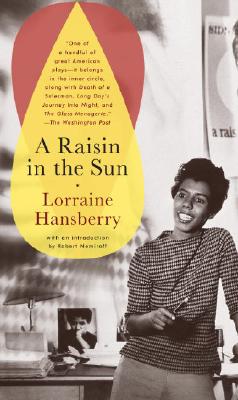Pride and Prejudice-inspired Mrs. Wickham by Sarah Page (available on Audible) is a short audio drama that focuses on the former Lydia Bennett’s life after her elopement with Mr. Wickham. Pride and Prejudice fans that consider Lydia a simple and foolish girl will be surprised to see inside her mind: in this full-cast audio drama,













